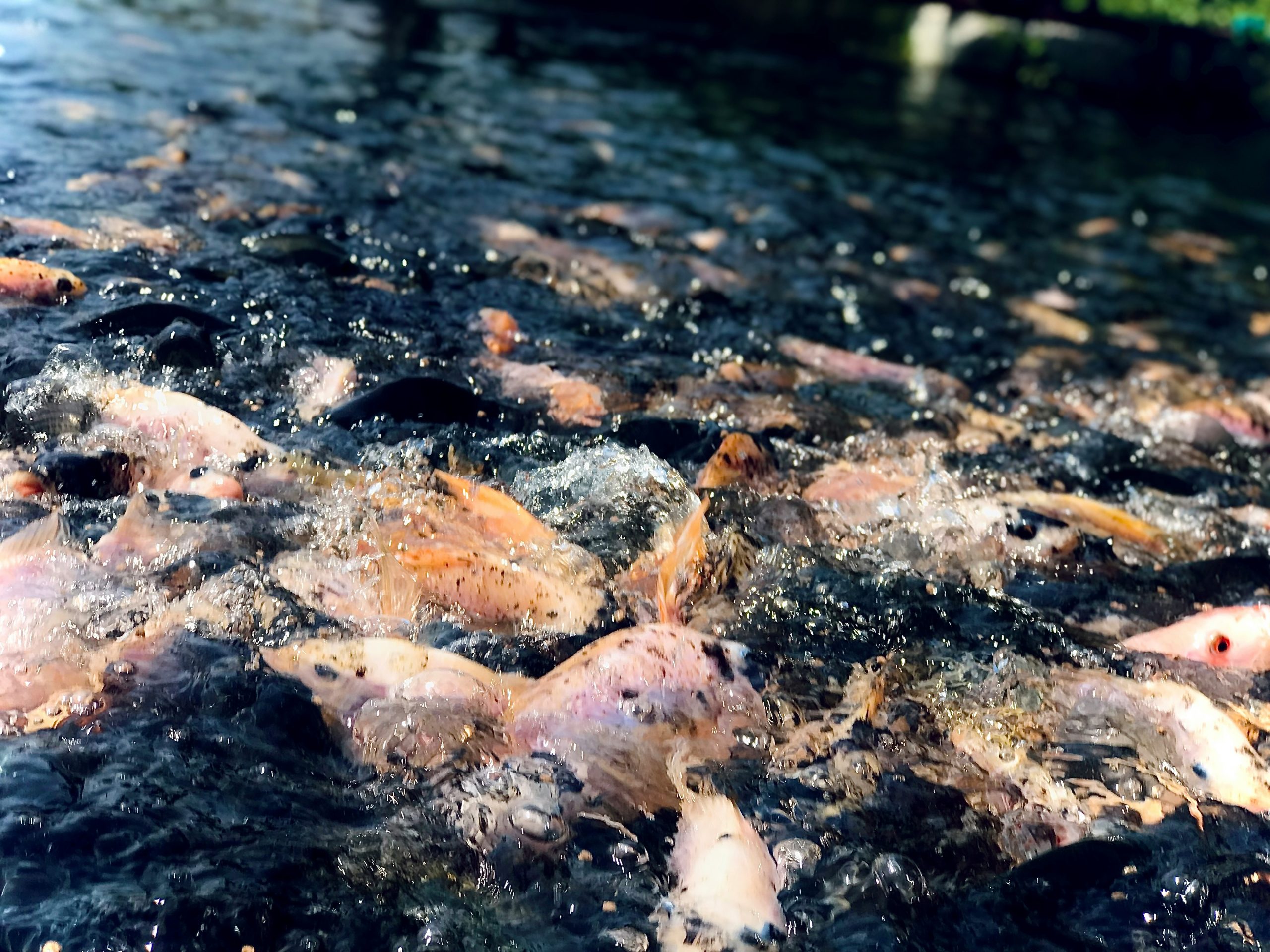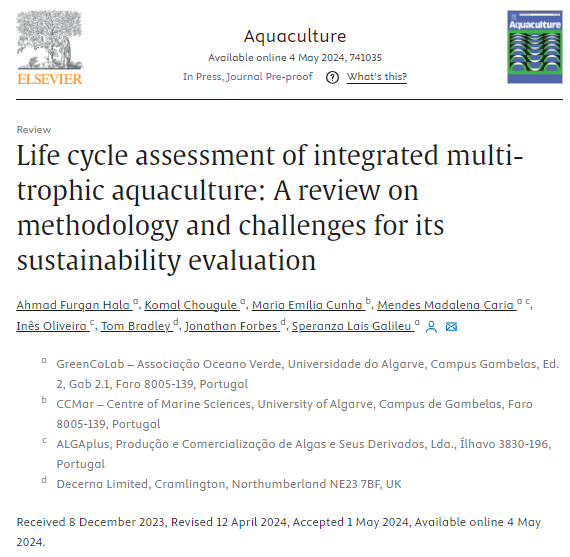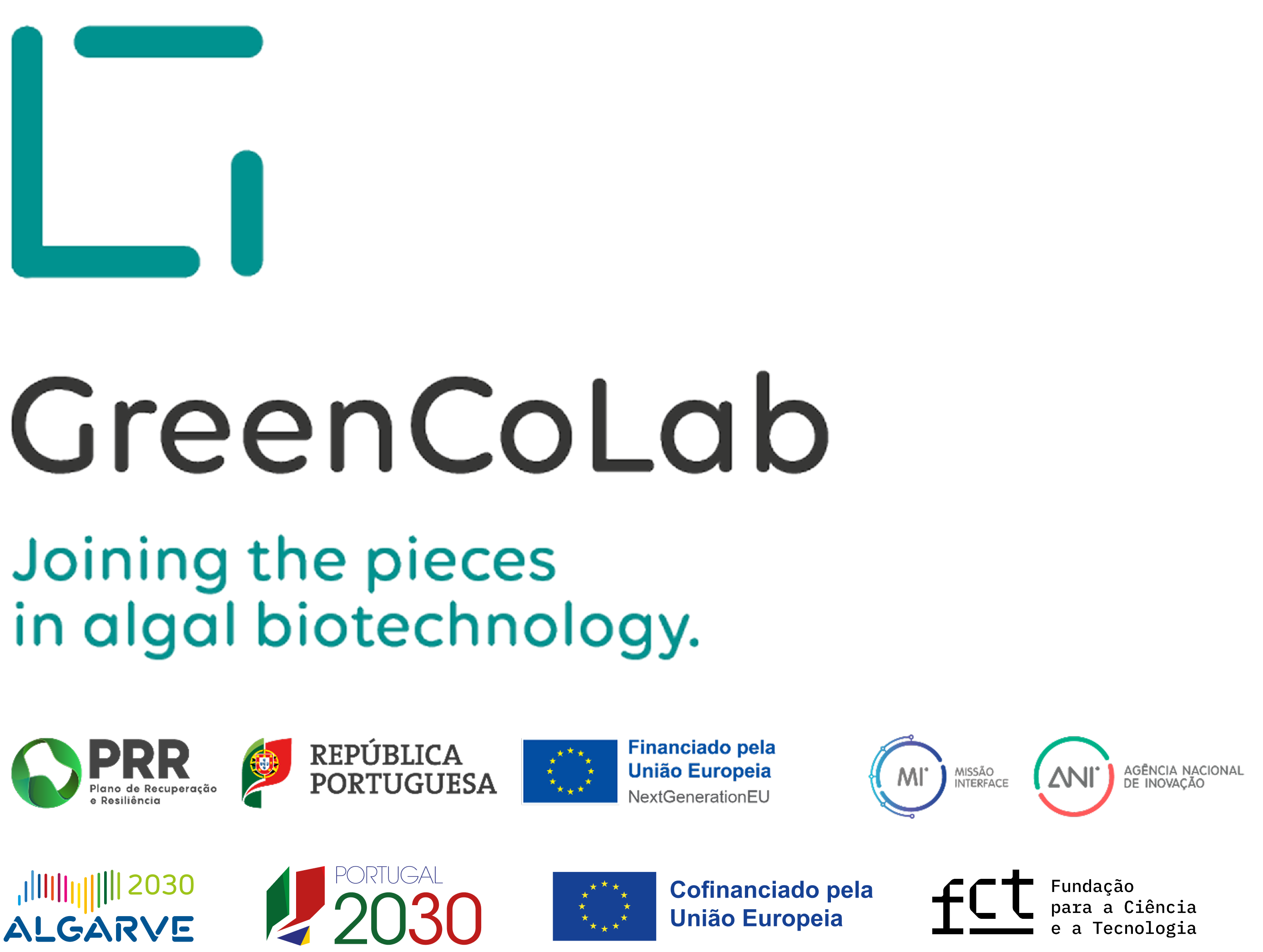

TITLE
Life cycle assessment of integrated multi-trophic aquaculture: A review on methodology and challenges for its sustainability evaluation
JOURNAL
Aquaculture
AUTHORS
Ahmad Furqan Hala, Komal Chougule, Maria Emília Cunha, Mendes Madalena Caria, Inês Oliveira, Tom Bradley, Jonathan Forbes, Speranza Lais Galileu
ABSTRACT
The increase in aquaculture activity is inevitable to fulfil global food provisioning for a growing population. Therefore, it is most recommendable to develop a sustainable approach for aquaculture practice. Integrated Multi-Trophic Aquaculture (IMTA) is proposed as one solution taking advantage of circular uptake of nutrients within the system. IMTA practice has been conducted for a thousand years despite only gaining recognition in recent decades. It is suggested to have lower environmental impact while promoting more advantages in the social and economic aspect of the industry. Therefore, multi aspects perspective of Life Cycle Assessment (LCA) is valuable to demonstrate the benefits of the system compared to the others. This review analyses 29 LCA studies on IMTA systems from 2009 to 2022 to understand the results, challenges, limitations, and benefits of LCA methodologies on IMTA systems. The studies followed the ISO 14040/44 guideline and were selected using the Google Scholar research tool. The four stages of the LCA were evaluated and it was concluded that there are several challenges in the Goal and Scope definition phase to determine the functional unit and methods that will be utilized. Hence, it is valuable to evaluate more options and, whenever possible, to conduct sensitivity analysis to help determine the proper methodology. The development of a specific database for the aquaculture sector is also strongly recommended, together with a standardized methodology for Data Collection and definition of impact categories to improve the consistency and comparability of the studies. Feed, fish effluents, and energy use are the impact hotspots and improving these factors might decrease the total impacts of the system as well. From this review, the potential of IMTA systems compared to monoculture systems and the potential of applying a tool such as LCA to measure it is highlighted. Therefore, more studies need to be conducted to improve the LCA methodology’s consistency and reliability for IMTA system assessment.



